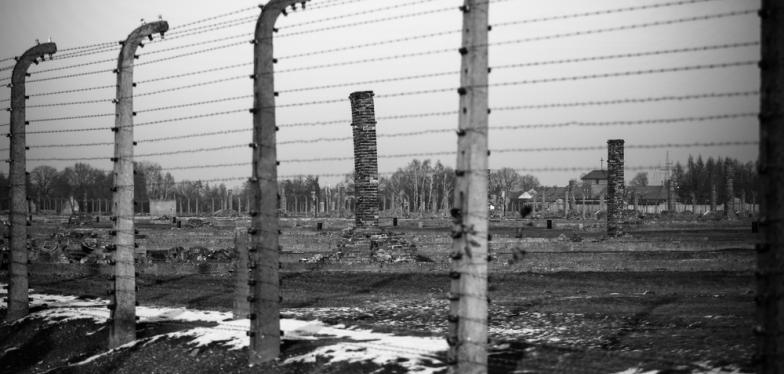Did you know that it was Belgian Victor Martin who reported the first information on the fate of the deported Jews?

In 1942, at the end of an extraordinary journey, Victor Martin brought back the first reliable information about the fate of the Jews deported to Germany and Poland.
Born on 19 January 1912 in Blaton, near the French border, Victor Martin empathised with the miserable condition of the working class although he himself was from a bourgeois background. At the end of the 1930s, he was also concerned about the rise of totalitarian regimes in Europe, particularly the increase in a phenomenon of extreme violence on the eastern border of his country. His sociology studies allowed him to travel and presented an opportunity not only to establish an academic network in Germany, but also to acquire a perfect knowledge of the language of Brecht. He received a doctorate in sociology from the Catholic University of Louvain, but was also a member of the Resistance and volunteered for an intelligence mission in enemy territory. At the end of 1942, he was contacted by Hertz Jospa, the founder of the Committee for the Defence of the Jews (CDJ), a Belgian Resistance organisation affiliated with the Independence Front. As the CDJ was very distressed by the registration of Jews, which had been mandatory since 1 June, and the mysterious deportations that had begun in October from the Dossin barracks, Jospa asked Victor Martin to conduct an investigation in Germany. Thus began a crazy mission worthy of the best thrillers. He used a spurious study project on the differential psychology of the social classes as a pretext for obtaining appointments with sociologists in Cologne and Wrocław (Poland). In early 1943, he managed to be hired as a labourer in Katowice, near Auschwitz. He worked alongside Jews and Germans and noted that here "everyone knows and everyone is silent". Victor discovered that "all those who cannot work are killed upon arrival." In a short message, he wrote, "Women and children exterminated, men working as slaves until they are totally exhausted, then killed." Victor Martin managed to get close enough to Birkenau to see that huge chimneys were operating day and night, emitting a foul odour. He was denounced (because he asked too many questions) on 10 February 1943, arrested by the Gestapo and brutally interrogated, although he withstood the torture. The Gestapo was convinced that he was an industrial spy, so he was transferred to the Abwehr (the military intelligence service) and sentenced to work as an interpreter in a camp, from which he managed to escape in May. On his return to Belgium, he wrote a hundred-page report for the Belgian Resistance, a document that was also sent to London. The Allies could then no longer ignore the facts.
Like more than 1,700 of his compatriots, Victor Martin was recognised as "Righteous Among the Nations", the highest distinction awarded by Israel to those who saved Jews at the risk of their own lives during the Holocaust.